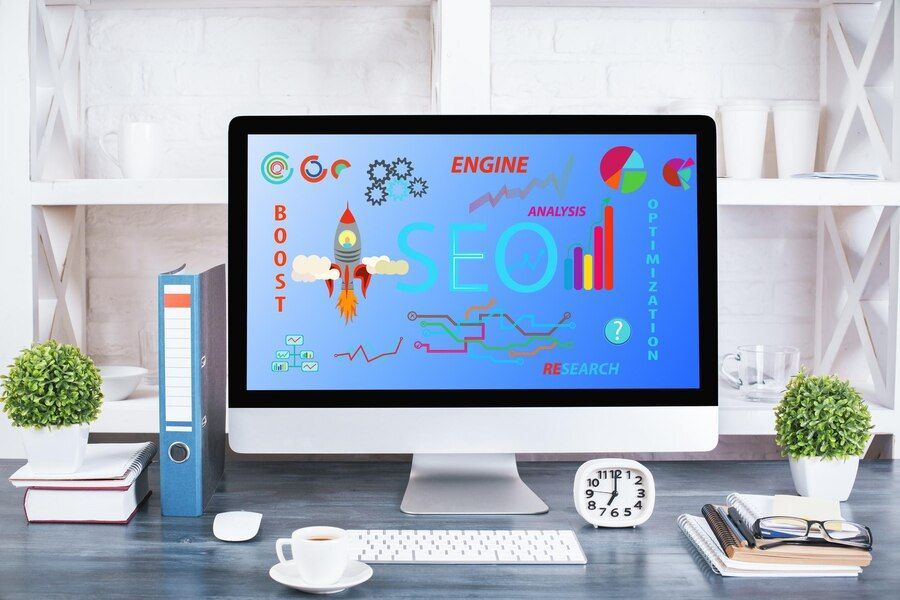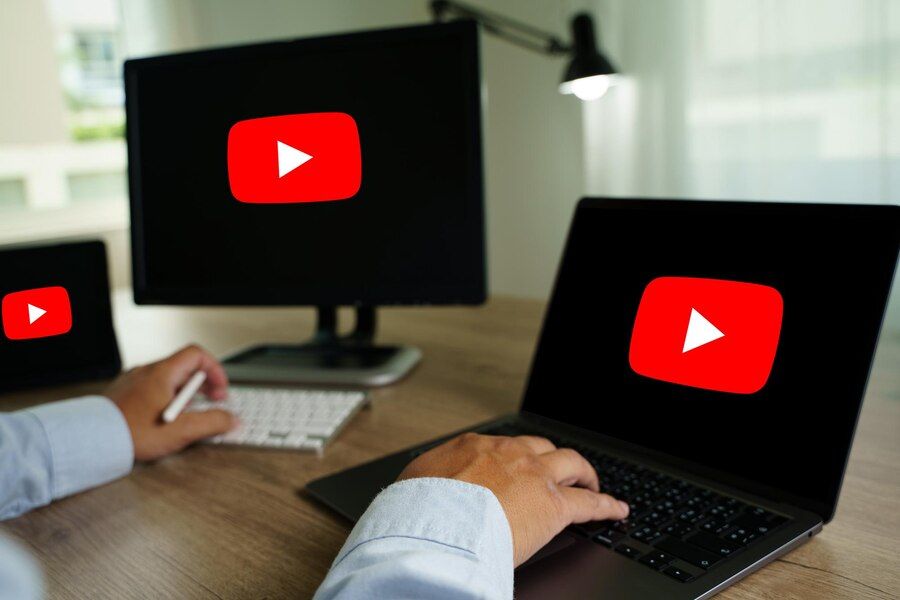BLOG
A budget is a guideline for running a Google Ads campaign. It is the amount of money you are willing to spend on a campaign in order to reach the most customers. When you spend a certain amount of money on a campaign, you will be accelerating your learning curve and expanding your potential to reach more customers. For example, if you want to run a Google Shopping campaign, you should budget at least $100.
Cost-per-click (CPC) bidding
Cost-per-click (CPC) is a form of advertising where advertisers bid on keywords in exchange for advertising space. Each time someone clicks on a given ad, the advertiser pays Google a certain amount. It can be set for a group of keywords or a single keyword. Your maximum CPC bid is an important factor in determining your Ad rank.
Using a manual bidding strategy can help lower your cost-per-click. Google has an algorithm that allows you to increase or decrease your bid based on the likelihood of a conversion. This way, you can maintain ad rankings and ad position without spending a fortune on clicks. The key to making this strategy work is to be consistent and test it for a few days or weeks.
Holidays and big events
Holidays and big events are a great time to hook in new customers with special deals and promotions. Research has shown that conversion rates can be up to 60% during the holidays. This is an excellent time to focus on specific campaigns that target your customers specifically. For instance, you can offer first-time customers a special welcome email with special deals and promotions. Your subject line should be eye-catching and use an exclamation point or intriguing question.
When planning your advertising budget, think about how much you plan to spend during the holidays and big events. Holidays and events typically attract higher advertising budgets than other times of the year. In addition to the higher impressions, click-through rates, and average order values, holiday advertising can also boost sales. Make sure that your ad is eye-catching, relevant, and promoting sales.
ECPC bidding
ECPC bidding can increase your bid up to 30% higher than the max CPC. This was recently changed by Google to account for variations in conversion rates. As a result, you will have to watch your budget and bid levels carefully. If you're using ECPC as your primary bidding method, you should have a good conversion tracking system in place.
In general, you should aim for at least 15 conversions and clicks per day. It's best to have an average of at least 20-30 conversions per month to make smart bidding work for you.
Overdelivery
If you run a Google Ads campaign, you've probably noticed that you're not always getting your expected results. This is because you're not always in control of how much your campaigns spend, nor do you know what will happen when your traffic peaks. Google has implemented an overdelivery policy to protect advertisers from overspending.
The new policy is based on the number of times your ad is served. This means that if you spend R100 on your ad campaign on a day when traffic is low, you'll only receive a small percentage of that exposure. If you exceed your daily budget, you'll be charged for the extra impressions.
AdWords users can spend up to 20% more than their daily budget on days when traffic is high. The overspend will balance out over the course of the month, and Google will give you credit for the additional clicks.
Reasons to charge for Google Ads
If you are an advertiser looking to target the right audience, Google Ads can be a valuable resource. It allows you to target your audience with highly specific keyword matches, which can mean a lower ad spend and more leads for your company. For example, if you offer snow removal services in Buffalo, NY, you wouldn't benefit from advertising for the broad match term "home services" because you'd be competing with everyone offering snow removal services in the city.
However, it's important to remember that CPC costs vary greatly depending on the industry. For example, businesses in the legal industry often pay more than companies in other industries. As such, their CPC can be very high.
Our Service Locations
Starting in 2009 with only one customer, we’ve expanded into a full-blown digital marketing agency providing outstanding services to thousands of companies.
Our Top Services
Technology
All Rights Reserved | Social Cali










